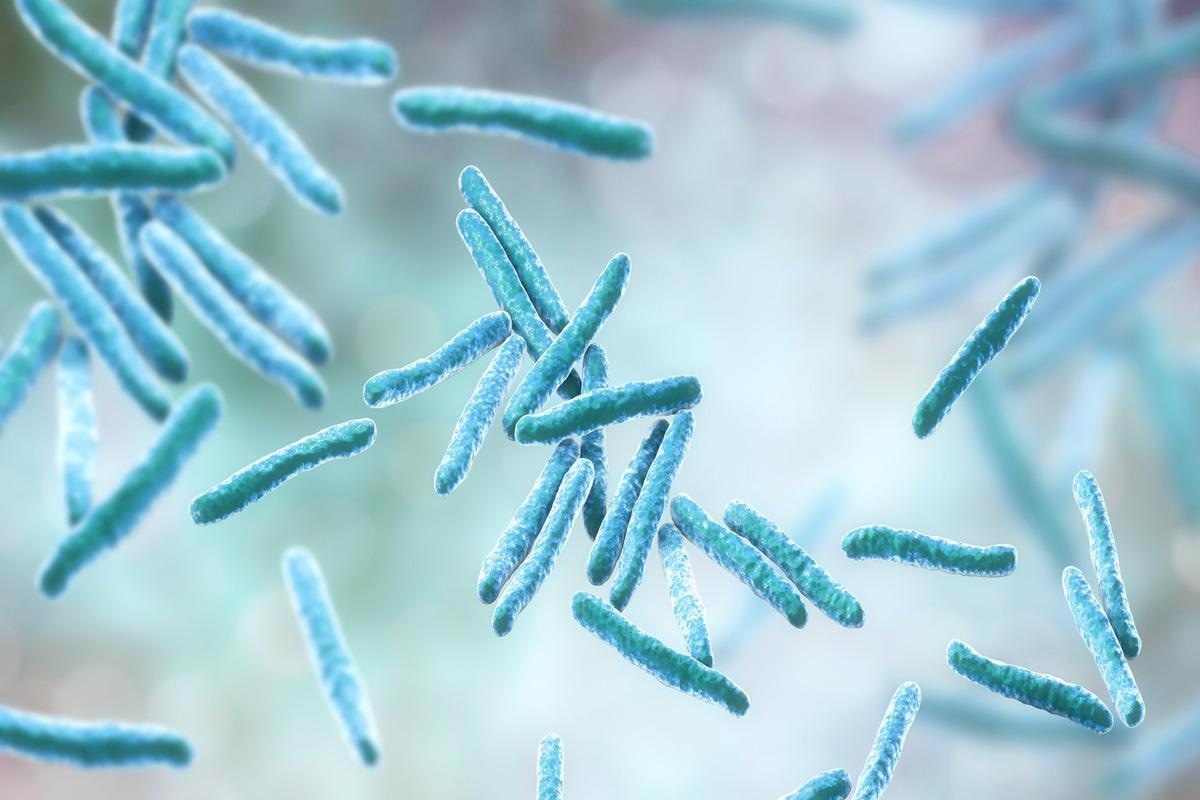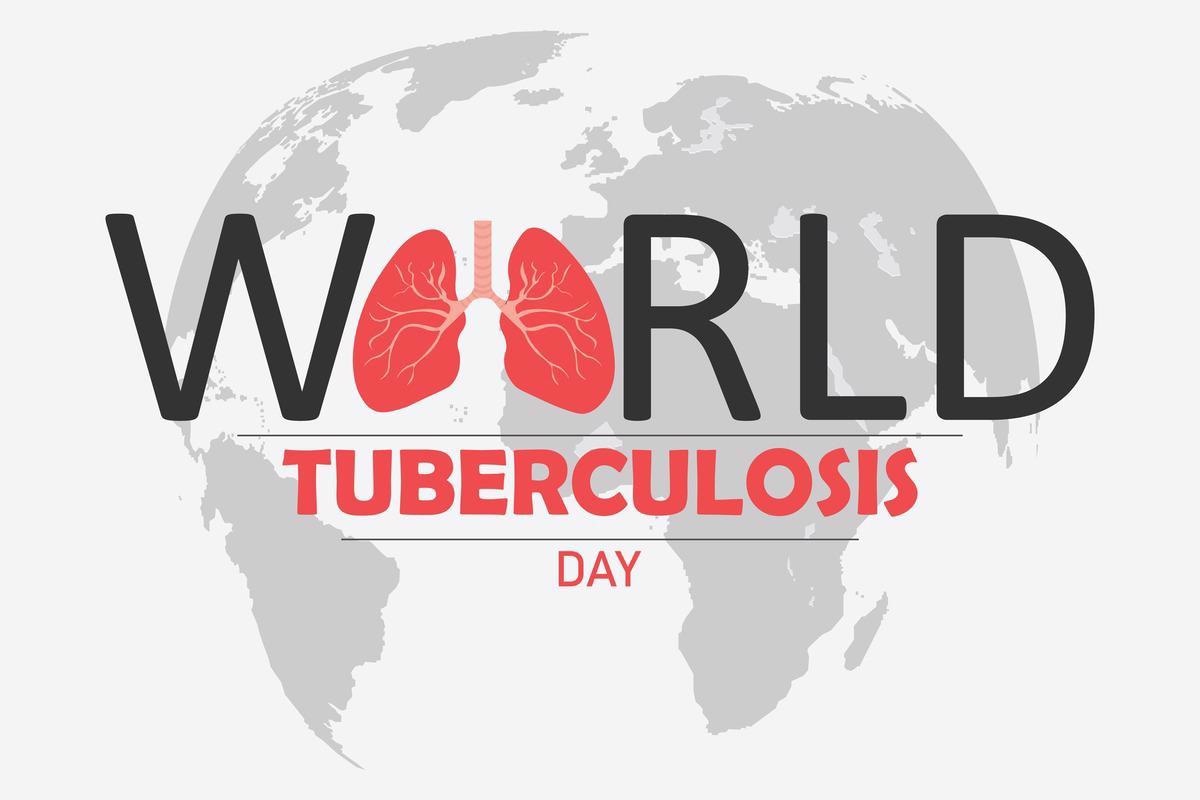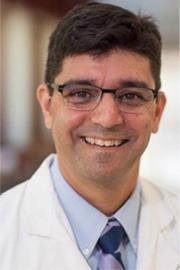I'm Dr. Michael Lauzardo. I'm an associate professor at the University of Florida's College of Medicine, and I'm the Director of the TB Physicians Network in the State of Florida for the Florida Department of Health. I'm also the director of one of the United States Centers for Disease Control and Prevention Centers of Excellence in Tuberculosis and the director of the Southeastern National TB Center.
Most people who end up going into a particular field of medicine or research were impacted by someone they worked for, so it was one of my mentors that inspired my career. Since tuberculosis is under-researched and is a disease with high morbidity, working within this field was a way to reach underserved people that suffer disproportionately from a disease for which there is a cure. Ultimately, it was a way to apply the skills and opportunities I had to help and follow others who've just been great examples and role models.
What is TB, and what are some of the common misconceptions surrounding TB?
TB is an airborne disease that spreads through the lungs but can affect any part of the body. It is caused by a bacteria (Mycobacterium tuberculosis) that can lay dormant once it has entered the body and not cause any problems for several years. The real challenge comes from the misconception that certain countries are not affected by TB, and many people think of it as something historic. TB is actually the number one cause of infectious disease death in the world today. In these times of COVID, things are a bit different temporarily. However, again, it's just a reminder that the public health challenges posed by TB are still there, and most people forget about it, and this is just an important time to remind people.
 Image Credit: Kateryna Kon/Shutterstock.com
Image Credit: Kateryna Kon/Shutterstock.com
How have you seen the diagnosis, treatment, and management of TB change over your career?
Absolutely. I've seen a lot of changes in the diagnosis, treatment, and management of TB, especially over the last ten years, where for the first time in decades new drugs are available as well as new diagnostic techniques. More importantly, those drugs are getting to people in developing countries who suffer from TB disproportinately because of poverty.
There is a stigma attached to TB. How does the stigma impact TB patients, and how may this stigma be overcome?
Stigma is a huge problem with TB and affects things in so many different ways. Some people associate TB with being unclean, poor, or disadvantaged in some other way. Although many people with TB are poor, this stigma is not helpful. Stigma affects how physicians practice, who they diagnose, and whether patients can stay on their treatment. It also affects if people who are sick seek care. These are all huge impacts. Few diseases have the same level of stigma, and few diseases have the same negative impact from stigma on outcomes and the prospects for eliminating it. The important thing is to focus on the science. This is a disease that can affect any one of us. As physicians, it is important to educate ourselves, our colleagues, and our patients that a person with TB did not do anything wrong to get TB. It is a disease and not a moral shortcoming.
During the current pandemic, research and resources were prioritized for novel infectious disease that is COVID-10. How has the pandemic impacted TB research and management?
The COVID pandemic has had an impact in the short term in that many of the people who work in TB got redirected to work on the public health response to COVID. For example, I've been doing my TB work early in the morning because I'm spending most of my time on COVID related responsibilities. In addition, most people don't realize that some of the machines used to diagnose TB are also used to diagnose COVID. For example, there is one machine used to make a rapid diagnosis of COVID that was pulled from many TB programs and that in turn led to rapid tests for TB not being available.
We will see long-term what the impact will be. Are we going to emerge from this more aware of the importance of public health research and rapid diagnosis and how important a role that plays? Or are we going to become so numb and tired of all this and not fund public health the way we should?
Considering the theme of World Tuberculosis Day 2022 is "Invest to End TB. Save Lives", where should investments be made to help achieve the commitment to end TB?
The investment should be in research to a considerable extent. Especially the development of research into shorter and better-tolerated regimens. Currently, TB treatment is many months long, especially for drug-resistant TB. Secondly, and perhaps more importantly, you have to get the care to where it's needed. 90% of the resources are in 10% of the world. Investing to ensure that everybody has equal access to world-class, top-of-the-line therapies is critical. I would like to see more investments in preventive treatment to expand our ability to treat latent TB infections.

Image Credit: Art Design Studios/Shutterstock.com
As the COVID-19 pandemic has highlighted, controlling infectious diseases is a global effort. How can countries best work together to help eradicate TB?
We have learned from the pandemic that we have got to work together. TB is a global disease, and until it is eliminated everywhere, it's not eliminated anywhere. Learning how to collaborate better, using the health security infrastructure created to help integrate TB collaborations, and recognizing cooperative interactions will help us address the eradication of TB.
I am a firm believer that a tragedy is a terrible thing to waste. There is the opportunity to build and learn from the COVID-19 pandemic, redeem something of value, and strengthen international public health collaborations.
Your career in TB has been remarkable. What achievement are you most proud of during your career?
I am most proud of the relationships that I have built with colleagues and what I have learned from them across the globe.
What does the future of TB research and treatment look like?
We are at a crossroads. On the one hand, will we continue to invest in public health and value science? Or are we going to choose the fact that it's going to be every man, woman, and child for themselves and let smaller countries who don't have the resources flail around when we can help them? When really, it hurts all of us.
I am hopeful. I think we will see new drugs, exciting new diagnostics, and the holy grail is a vaccine someday. I am optimistic, but we need to be very deliberate and diligent.
About Dr. Michael Lauzardo
Michael Lauzardo, MD, MSc, is an associate professor within the division of infectious diseases and global medicine. Also serving as the director of the CDC funded Southeastern National Tuberculosis Center (SNTC) at the Universit y of Florida, he has been involved in public health, teaching, and patient care within the College of Medicine since 1997. Trained as an internist and pulmonologist, throughout his career he has been involved in the clinical care of patients with tuberculosis. He has also played a key role with the Florida Department of Health, serving as the Deputy TB Controller for the Florida TB Program and is currently the director of the Florida TB Physicians Network. Previously, he was the chief of the division of infectious diseases and global medicine. His clinical practice and research centers around tuberculosis among at-risk populations and he is involved in various international health activities.
y of Florida, he has been involved in public health, teaching, and patient care within the College of Medicine since 1997. Trained as an internist and pulmonologist, throughout his career he has been involved in the clinical care of patients with tuberculosis. He has also played a key role with the Florida Department of Health, serving as the Deputy TB Controller for the Florida TB Program and is currently the director of the Florida TB Physicians Network. Previously, he was the chief of the division of infectious diseases and global medicine. His clinical practice and research centers around tuberculosis among at-risk populations and he is involved in various international health activities.